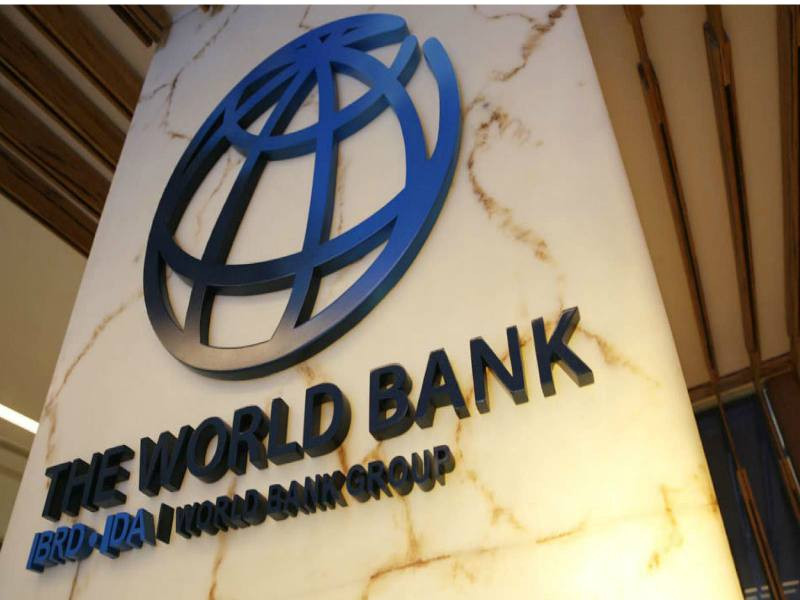The World Bank has stated that if Nigeria doesn’t increase its employment rate, 80 million people of working age will not have a full-time job by 2030.
It also stated that if the country’s poverty rate doesn’t decrease, 23 million additional Nigerians will suffer from extreme poverty by 2030. This information was provided by the international bank in its publication, “Nigeria Development Update (December 2022): Nigeria’s Choice.”
If the country wishes to lessen poverty and boost economic change, it must first create better jobs, according to the report.
The majority of poverty in Nigeria, according to the World Bank, is work-related poverty, and having any employment does not ensure that one will be able to escape it. It was noted that poor people were far more likely to work in agriculture.
Nigeria was one of the countries with the best growth rates in the 2000s, according to the global bank, but it fell short in creating the institutions needed to support structural change and job growth.
According to the report, this has caused Nigeria to struggle to keep up with the growth rates and transformation of its peers since the early 2010s, as evidenced by the country’s GDP per capita falling from US$2,280 in 2010 to US$2,097 in 2020 and an increase in the number of citizens living in poverty from 68 million to about 80 million.
Additionally, it revealed that Nigeria, which is ranked 160 out of 188 on the 2021 Human Development Index, is one of the least developed nations in the globe.
It said;
Per-capita income will plateau, 80 million working-age Nigerians will not have a full-time job by 2030 if the employment rate does not improve, and 23 million more Nigerians will live in extreme poverty by 2030 if the poverty rate does not fall.
Explaining how crucial the creation of these jobs is, the Washington-based bank stated;
Creating better jobs is a necessary condition for accelerating poverty reduction and economic transformation.
It is estimated that 3.5 million Nigerians enter the labor market every year, a number that cannot be absorbed by a public sector-led economy. This large number represents 41 per cent of the total new entrants in the labor market in West Africa.
However, even if job creation were to catch up with the expansion of the labor force, Nigerian workers would not fully benefit if other socio-economic conditions remain unchanged. A child born in Nigeria today will be 36 per cent as productive in adulthood as she could be if she enjoyed more and better-quality education and full health (the sixth-lowest percentage globally).
According to the World Bank, unlocking private investment will create more and better-quality jobs in a sustainable manner in the nation since the private sector is at the heart of the development process and has been a critical component in every sustained growth success story around the world.

